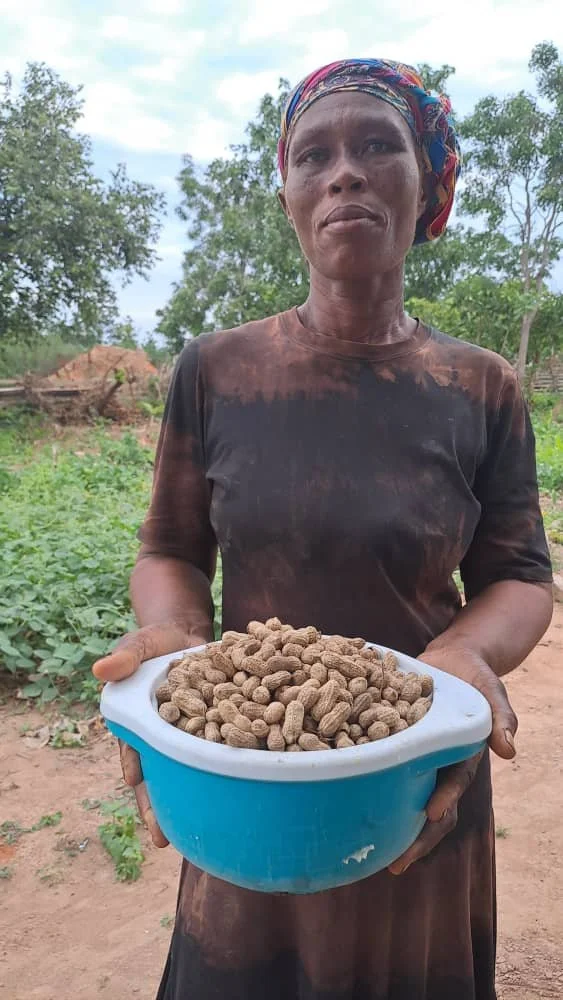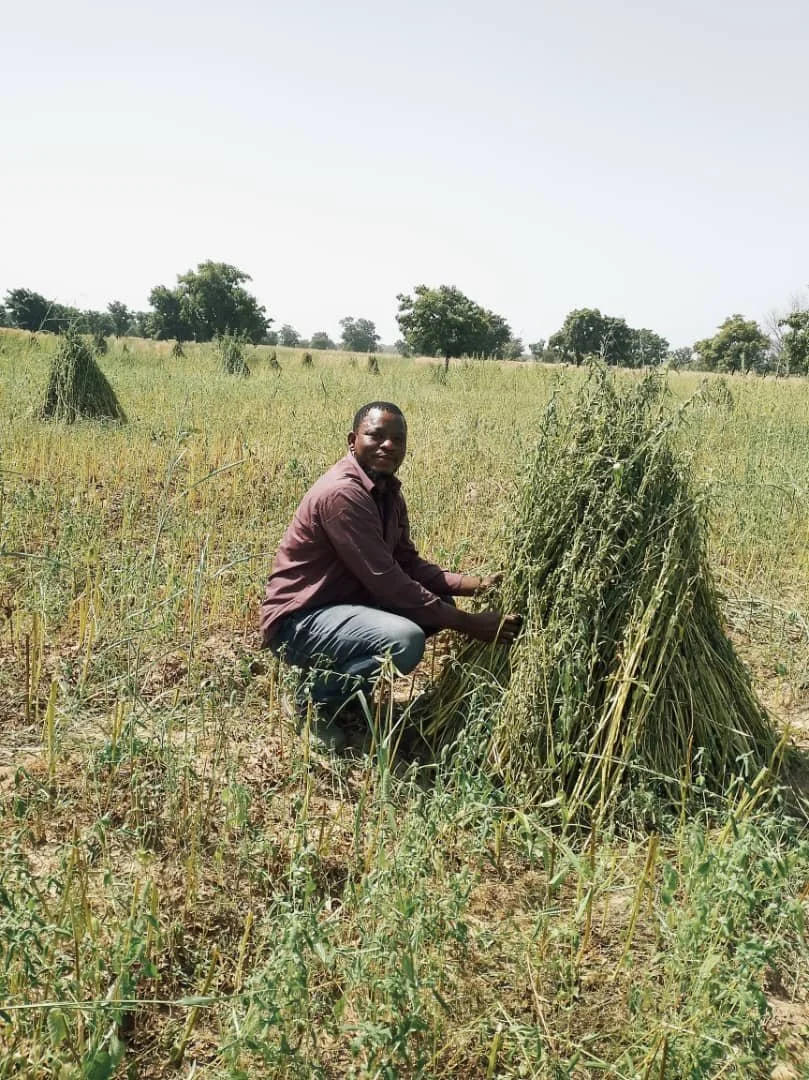DevHub Africa
The Challenge
Smallholder farmers are central to food production and employment across Ghana and Sub-Saharan Africa, yet they remain among the poorest. Their struggles stem from limited access to capital, difficulty obtaining arable land, and unfair trade practices where middlemen exploit them. As one study notes, “access to farm funding is one of the most significant challenges facing smallholder farmers in developing countries, including Ghana” (Farm Household Access to Agricultural Services in Northern Ghana, 2020). Poor road infrastructure, lack of market information, and reliance on outdated farming methods leave them vulnerable to weather shocks and reduce productivity.
Rural education faces similar systemic barriers. Community-based teachers, often underpaid and under-resourced, shoulder the responsibility of educating the next generation despite challenging conditions. Research highlights that “there are cases of teacher absenteeism, a lack of basic experience, and a lack of training and resources to equip teachers with high-quality, learner-centered pedagogy” (MDPI, Barriers and Challenges Affecting Quality Education, 2024). Students in these regions lack even the most basic learning materials—such as books, pencils, and exercise books—let alone access to digital tools like computers or internet connectivity. As a result, while enrollment numbers may be improving, the quality of education remains alarmingly low.
Together, these challenges hinder sustainable development across Sub-Saharan Africa, deepening poverty cycles and widening inequalities. Without intervention, the gap between communities with resources and those without will continue to grow, leaving smallholder farmers and rural students further behind.
A Solution
DevHub Africa is committed to transforming rural livelihoods across the continent by integrating technology, education, agriculture, and mentorship. They empower smallholder farmers through sustainable, tech-enabled practices, access to farmland, microloans, digital tools, and community-based mentorship networks. At the same time, they strengthen rural education by equipping teachers, students, and community change agents with digital tools and resources—ensuring no community is left behind in the digital age.
By combining capacity-building, financial empowerment, and digital inclusion, DevHub Africa drives long-term, systemic change—helping communities grow food sustainably, access opportunities fairly, and prepare the next generation to thrive in a rapidly changing world.
For further information about their specific applications, visit https://www.devhubafrica.com
Business Activities Geared Towards Providing Quality Education, Economic Growth, and Responsible Consumption:
Target 4.1.P Work towards ensuring that all girls and boys complete free, equitable and quality primary and secondary education leading to relevant and effective learning outcomes ADAPTED: Work towards ensuring that individuals have access to quality education leading to relevant and effective learning outcomes.
Target 8.3 Promote and support productive activities, decent job creation, entrepreneurship, creativity and innovation, and encourage the formalization and growth of micro-, small- and medium-sized enterprises, including through access to financial services
8.5 Promote full and productive employment and decent work for all women and men, including for young people and persons with disabilities, and equal pay for work of equal value
Target 12.1 Promote the sustainable management and efficient use of natural resources (adapted from target 12.1).
Measured by:
Number of smallholder farmers trained in sustainable and tech-enhanced farming practices each quarter.
Number of youth mentored each quarter in the agri-business and agritech field each quarter.
Number of digital literacy workshops held for farmers each quarter.
Number of farmers who attended literacy workshops each quarter.
Number of rural teachers trained in digital skills and STEM pedagogy each quarter.
Describe a situation where students and teachers used TichaBuddy and AI language tools each quarter.
Number of full time, part-time, and/or temporary workers employed each quarter receiving a local living wage or higher.
Show how much money flowed to this area that would not have otherwise without the project for economic growth. List the quarterly expenses (including salaries, but not your own)
Number of farming cooperatives or peer mentorship groups formed each quarter.
Number of hectares of farmland accessed or leased by farmers with DevHub support each quarter.
Amount of grants/microloans disbursed to farmers each quarter.
Number of farmers using digital tools like AgroBuddy to access weather info, best practices, mentorship, and real-time market prices each quarter.
Amount of subsidized farming tools/equipment distributed to farmers each quarter. (fertilizers, irrigation kits, tools).
DevHub Africa is committed to transforming rural livelihoods across the continent by integrating technology, education, agriculture, and mentorship. They empower smallholder farmers through sustainable, tech-enabled practices, access to farmland, microloans, digital tools, and community-based mentorship networks. At the same time, they strengthen rural education by equipping teachers, students, and community change agents with digital tools and resources—ensuring no community is left behind in the digital age.
What Does Your Donation Go Towards?
Training
Grants to Farmers
Curriculum Development
Irrigation, Fertilizers, Equipment for farming
STEM Kits

 Donate
Donate








